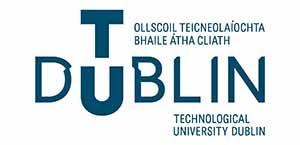Having defined the topic of our assignment and located where to find such information, step 3 of this process is to select academic-quality information which is relevant to your assignment.
Broadly speaking, academic information is divided into two main categories: information that has been formally edited and information that has not. Traditionally, academic information always went through an editorial process before it was published; this included information in books, print journals, reports etc. However, the way in which information is published has changed with the arrival of the internet. In a world where anyone with an internet connection can publish information, the reader cannot always be sure that the information they read is accurate.
So what does this mean for you?
A lot of academic information is still formally edited. Information that you find in books, print journals, the library databases etc. has usually been edited by an expert in the field. Peer-reviewed information is the cream of the crop! This is academic information which has been endorsed by experts in the field.
On the other hand, much of the information that you find online has not had a formal editor. If you choose to use this information, i.e. information found on websites rather than in books or databases, you become the de facto editor! You must be the person to endorse the academic credentials of the information; you can do so by looking at:
- the author: what is the author's experience and expertise? Most good websites have an "about me" section where the author lists their qualifications and interests.
- sources of the argument: has the author backed up their arguments with evidence/citations? For instance, if an author includes a statistic in their writing, they might include a citation for the Central Statistics Office showing that that is where they sourced their information.
- purpose of the argument: it is useful to consider whether the author is trying to inform you or convince you. Is there evidence of bias in their argument? Explict bias isn't unusual; ensure that if you present both sides of any argument before drawing your own conclusions.
- timeliness: look at the date of publication to ensure the information isn't out-of-date.
ITB Library study guide: evaluating information sources on Prezi
There is no shortage of data in today's Information Society so it is important to be choosy when selecting which information you will include in your assignments!



No comments:
Post a Comment